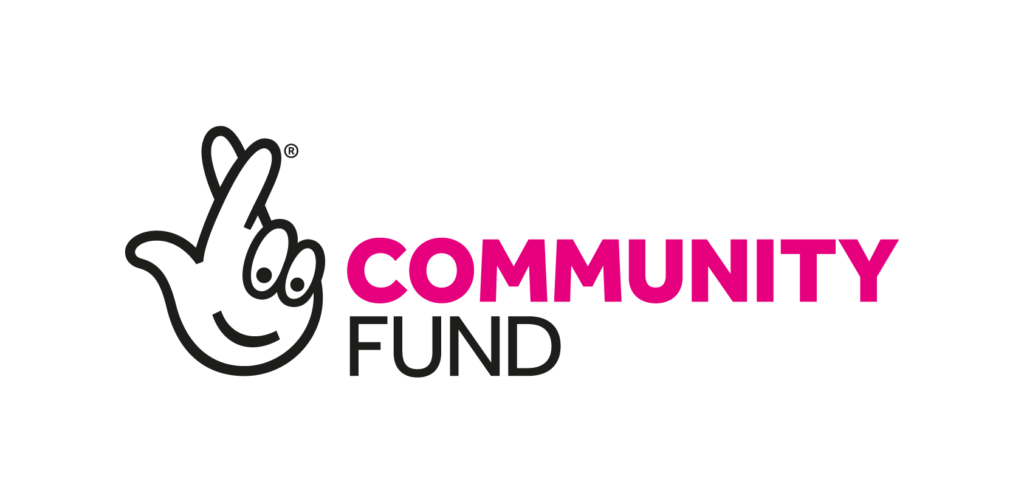Brain Working Recursive Therapy (BWRT)
And here’s an explanation of the history of BWRT in under two minutes: https://youtu.be/j4MkAlAznMc
Who Uses BWRT
BWRT is now in use all over the world, by psychologists and psychiatrists etc. It is in regular use by the psychologists in a South African Police Force, thanks to its ability to resolve even quite severe posttraumatic stress disorder (PTSD) in a session or two getting officers quickly back on the road. It also works exceptionally well with serving military personnel and veterans. It has been shown to have a 99.5% success rate, however, more research is needed.
How Does BWRT Work?
The ‘engine’ of BWRT is a naturally occurring brain state, the ‘Freeze’ response, a ‘synthetic’ version of which is induced therapeutically and without trauma. Then we use the primary communication processes of the early brain to reorganise and neutralise the response(s) associated with the presenting symptom.
The Problem…
The only problem with BWRT is that it seems just too good to be true, especially to those who have lengthy experience in the field of psychology. It is often held that thought patterns in the brain take a long time to change and even longer to change permanently.
Well, that used to be true… but that was because all the older therapies worked directly at seeking to change the thoughts at the ‘thinking end’. It’s a bit like trying to turn off the water supply to a hose by adjusting the nozzle. You might be able to stop the flow, but the pressure builds up and it’s only a matter of time before the inevitable happens.
But BWRT turns off the tap.
This process really does defeat that old adage that “if it seems too good to be true, it probably is.” It really is all that is claimed for it!
Solution-Focused Hypnotherapy
What is Solution Focused Hypnotherapy?
Solution focused hypnotherapy is a type of hypnotherapy that has a distinct approach to the treatment of psychological issues. It combines the use of hypnosis with some modern psychotherapeutic principles to create change.
The core tenet of solution focused hypnotherapy is the focus on finding solutions rather than unpacking the problematic issues contained in the presenting condition. So, in practice, it assesses your present condition and sets future desirable goals instead of looking back into your past traumas and problems.
This strategy makes solution focused hypnotherapy a dynamic approach compared to other types of hypnotherapies. Moreover, it’s very well-structured, systematic, and practical. Through its application you can eventually tap into your own inner potential to achieve therapeutic solutions.
What Conditions can Solution Focused Hypnotherapy treat?
Solution focused hypnotherapy can treat a great variety of physical and emotional conditions within a client’s unique profile with care and efficiency. For example, many clients report that it is effective with anxiety, stress, panic attacks, phobias, chronic pain, irritable bowel syndrome, low self-confidence, and low self-esteem etc. It can thus help you eradicate the psychological problems that hinder you from a well-functioning personal, social, and professional life. In most cases of a holistic treatment plan, solution focused hypnotherapy can be used in conjunction with medication prescribed by your GP.
Solution-Focused Brief Therapy (SFBT)
What Is Solution Focused Brief Therapy (SFBT)?
- Solution-focused brief therapy (SFBT) is a future-oriented, goal-directed approach to solving human problems of living.
- The focus is on the client’s health rather than the problem, on strengths rather than weaknesses or deficits, and on skills, resources, and coping abilities that would help in reaching future goals.
- Clients describe what they want to happen in their lives (solutions) and how they will use personal resources to solve their problems.
- Clients are encouraged to believe that positive changes are always possible and are encouraged to increase the frequency of current useful behaviours.
What Is Solution-Focused Therapy?
Solution-Focused Brief Therapy (SFBT), also referred to as Solution-Focused Therapy (SFT)
Thus, instead of analysing how the issue arose or interpretations of it and why it is there and what it really means for the person, SFBT instead concentrates on the issue in the here and now and how to move forward with a solution for it (De Shazer, 1988; De Shazer & Dolan, 2012).
Solution-Focused Therapy was created in the late 1970s and early 1980s in the Brief Family Therapy Centre in Milwaukee by De Shazer and Berg (De Shazer et al. 1986).
The reason for its creation was that De Shazer and Berg noticed that clients would often speak about their problems and issues, seeming unable to notice their own inner resources for overcoming these problems and focusing on the future.
They also noticed that the client’s problems or issues showed inconsistency in the way that sometimes they were present and other times they were not, as the person did have moments in life where they could function without the problems being there.
Thus it was important to think about and explore these exceptions when the problem is not affecting the person (Iveson, 2002).
What Is Solution-Focused Therapy Used For?
Solution-Focused Therapy is currently used for most emotional and mental health problems that other forms of psychology, psychotherapy, hypnotherapy and counselling are used to treat, such as:
- Depression
- Anxiety
- Self-esteem
- Personal stress and work-related stress
- Substance abuse/ addiction
- Relationship problems
- Posttraumatic stress disorder
SFBT is best used when a client is trying to reach a particular goal or overcome a particular problem. While it is not suitable to use as a treatment for major psychiatric conditions such as psychosis or schizophrenia, it could be used in combination with a more suitable psychiatric treatment/ therapy to help alleviate stress and bring awareness to the person’s strengths and internal resources.
Coaching and Mentoring
What are coaching and mentoring?
Coaching and mentoring are development approaches based on the use of one-to-one conversations to enhance an individual’s skills, knowledge, or work performance. It’s possible to draw distinctions between coaching and mentoring although the two terms are often used interchangeably.
The Differences Between Mentoring and Coaching
Below are a few of the key differences between mentoring and coaching, compared. We’ll start with the key differences for mentoring:
- Mentoring is often longer-term with some mentoring relationships lasting 6+ months and in several cases mentoring can last years or even decades. In fact, some famous mentors and mentees cite lifelong mentoring relationships.
- No qualifications are required for mentoring, which means that it is easy for organisations to start mentoring programmes quickly. Yes, mentoring training is often recommended but it certainly isn’t required and in fact there are very few mentoring qualifications offered, compared with that of coaching qualifications.
- As mentioned, mentoring is a lot more directive. It is about the mentor sharing their knowledge, experience and skills, telling the mentee and guiding them through direction.
- Typically, mentoring is less structured than coaching and whilst having a mentoring meeting agenda and goals is recommended, it will be up to the mentee to put this together, compared with coaching which typically follows a more rigorous structure.
- Finally, mentoring is mainly development driven and looks to the mentee to decide what they wish to achieve and which goals they have for their mentoring relationships.
Now, the key differences for coaching are:
- Coaching is often shorter-term and may be as short as a quick 10- or 15-minute conversation. That said, some coaching relationships can be longer-term too.
- There is training in coaching skills and a lot of coaching qualifications are available, and almost always necessary and certainly recommended, to be a truly effective coach.
- Unlike mentoring, coaching is non-directive which means that it is about posing the right questions, providing the space, trust and confidence for the individual being coached to consider how they can achieve more, reach their objectives, and find capabilities within themselves.
- Typically, coaching is structured by line-managers or sponsors, so organisations will often sponsor an individual to be coached or a line-manager will send an employee to be coached for certain skills.
- Coaching is performance driven and encourages the individual or individuals being coached to perform in their day-to-day roles.
So, as you can see, there are lots of key differences. There are lots of skills required and recommended for both coaching and mentoring, which we will explore now too.
The Key Benefits to Mentoring and Coaching?
Both mentoring and coaching have a range of benefits, which, when conducted correctly can benefit both the individual receiving mentoring and coaching, along with the mentor or coach and the organisation too. Here are some benefits to mentoring and coaching:
- Both mentoring and coaching are extremely effective learning techniques.
- Both mentoring and coaching can be formal and informal, with mentoring often seen more informally and coaching often see more formally.
- Both can increase employee engagement and retention when applied.
- Both mentoring and coaching are easy to implement into any organisation or business structure and increasingly we’re seeing organisations running both.
- Both mentoring and coaching can increase confidence and the interpersonal skills of the person providing the mentoring or coaching, and the person receiving it.
- And finally, both can dramatically improve individual performance.
You can learn more about mental health therapies here: https://www.hypnotherapy-directory.org.uk/

